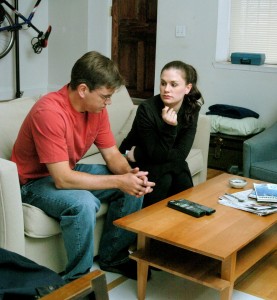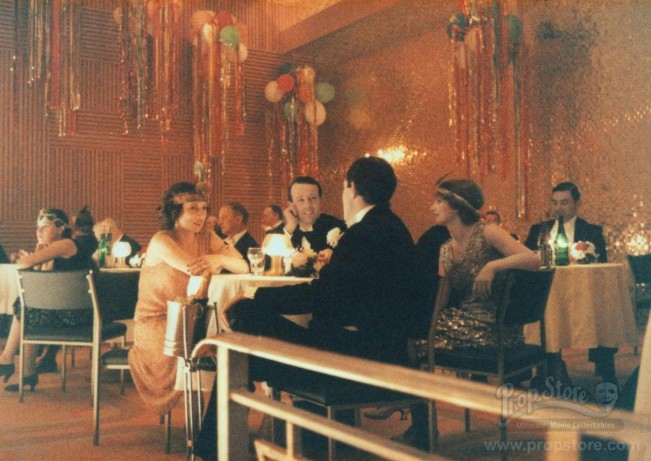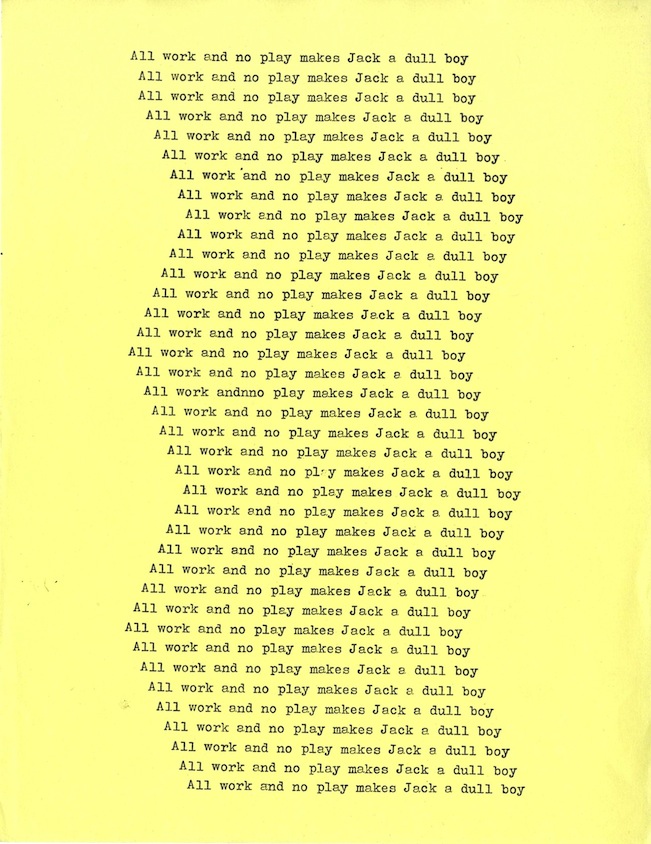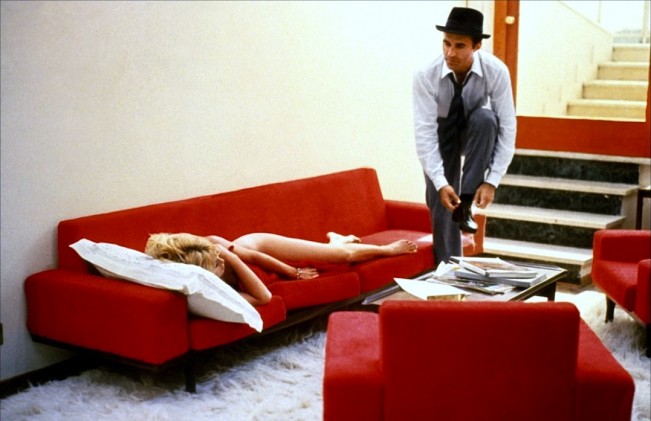

By Ray Pride Pride@moviecitynews.com
Pride’s Friday 5 (July 6, 2012)
1. Margaret
So: Margaret. A couple reviewers out east have tweeted camera-phone pictures of shiny new Blu-Rays. I’ll have to wait until Tuesday’s street date for the package “available exclusively at Amazon for a limited time.” As the press release put it, “the two-disc Blu-ray set includes the theatrical version as well as a bonus DVD featuring the never-before-seen extended cut.” So what is this 3:06:12 DVD cut? Is it a finished, fully sound-mixed version prepared by Lonergan as a first assembly? A third, a tenth? The reputed Schoonmaker-Scorsese  cut? Will the big third-act moral turn cut from the theatrical version have the punch it has in the 185-page script? The recent Sunday New York Times Magazine article judiciously sidestepped small details as if the writer were also under legal injunction from speaking. Fox Searchlight has organized free showings of the extended version in New York and Los Angeles; Lonergan may finally be able to define the differences himself at the July 9 screening at the Sunshine, sponsored by indieWIRE as a first-come, first-served free-for-all.
cut? Will the big third-act moral turn cut from the theatrical version have the punch it has in the 185-page script? The recent Sunday New York Times Magazine article judiciously sidestepped small details as if the writer were also under legal injunction from speaking. Fox Searchlight has organized free showings of the extended version in New York and Los Angeles; Lonergan may finally be able to define the differences himself at the July 9 screening at the Sunshine, sponsored by indieWIRE as a first-come, first-served free-for-all.
Next week, then: “The profusion of life, of life in Manhattan post-9/11, of life that eddies in all directions, is novelistic in ambition, Dickensian in a welter of cracked legalisms. Paquin brandishes a bravura performance—shrill, feral, emphatic, self-dramatizing, self-cautioning, self-aware, self-immolating—that is like nothing I’ve ever seen.”
Available Tuesday, July 10, only from Amazon.
2. The Battle of Algiers
Honoring the fiftieth anniversary of Algerian independence, the great Battle of Algiers is showing this week in New York and Los Angeles. Not only have filmmakers that came after learned from Gillo Pontecorvo‘s documentary-styled study of violence, but politicos think they have as well, as this BBC talkfest suggests.
And only if you’ve seen the movie, and aren’t seeing it again any time soon, a link to the masterful tension of the bombings sequence (6’01”).
Film Forum, NYC, Friday, July 6 – Thursday, July 12. The trailer and a ton of cogent links are at FF’s Now Showing page. New Beverly, Los Angeles, July 6 and July 7.
2. China Heavyweight
Yang Chung‘s terrific second feature, China Heavyweight, opens Friday, July 6 at IFC Center in NYC. I want to enjoy it a second time before writing about it at any length. It’s a worthy successor to Up The Yangtze. Synopsis from the press release: “Chang follows the charismatic Qi Moxiang, a former boxing star and state coach who recruits young fighting talent from the impoverished farms and villages across Sichuan province. A select few boys (and girls) are sent to national training centers, with the hope of discovering China’s next Olympic heroes. But will these potential boxing champions leave it all behind to be the next Mike Tyson? Their rigorous training, teenage trials and family tribulations are expertly intertwined with Coach Qi’s own desire to get back in the ring for one more shot at victory.”
3. The Overlook Hotel
Lee Unkrich brought us Toy Story 3. He also maintains an exhaustive Tumblr account of all things The Shining: Kubrick minutiae in glorious excess.
5. Contempt
In Jean-Luc Godard‘s 1963 masterpiece, Michel Piccoli plays Paul Javal, a playwright who needs money, and producer Prokosch is embodied by Jack Palance, that heavy among heavies, waving a packet of cash in Paul’s direction to doctor a script of the Odyssey that is to be directed by Fritz Lang. “I like gods,” Palance purrs, “I like them very much.” Paul has a beautiful young wife, Camille, played with momentous petulance by Brigitte Bardot. Paul asks whether he should write the script. Camille tells him it’s fine. Later she feels he hasn’t shown enough concern when Prokosch has been forward with her. No matter what Paul does, it will not be enough. Camille seizes on excuses, any excuses, to dismiss Paul’s adoration. She remembers the love she once thought they had: “Everything used to happen instinctively, in complicitous ecstasy.” For a good third of the movie, the couple bicker, contradict, cut at each other in their brightly colored, unfinished apartment. The world is reduced to Paul and Camille. Man and Woman. The furniture is as bold, as blunt as sculpture. A cerulean chair, a sunflower-colored throw, a red couch. Statues. Bardot. Her body rebukes the viewer, Paul. “Do you love my breasts, my eyes, my knees?” she asks, as the camera, transfixed, goes beyond objectification into blunt fetish. “I love you totally, terribly, tragically,” is all Paul, smitten, ever-equivocating, can tell her. At the end, the camera looks out onto the ocean, the horizon. Limitless possibility or infinite distance? The space between you and I, the space between a man, a woman. The sparkling azure of the sea is the crashing gulf between them. It is unfathomably huge. Contempt is the most tragic, piercing, hopeless of modern love stories. Youth, beauty, cinema—they will damage you. In his screenplay, Godard wrote, “In contrast to Paul, her husband, who always acts on the strength of a complicated series of rationalizations, Camille acts nonpsychologically… Though one might wonder about her, as Paul does, she never wonders about herself. She lives full and simple sentiments, and cannot imagine being able to analyze them.” And in an interview he elaborated, “Perhaps it is better not to understand too much.”
At LACMA in Los Angeles, Friday, July 6. Also on Blu-Ray.


















